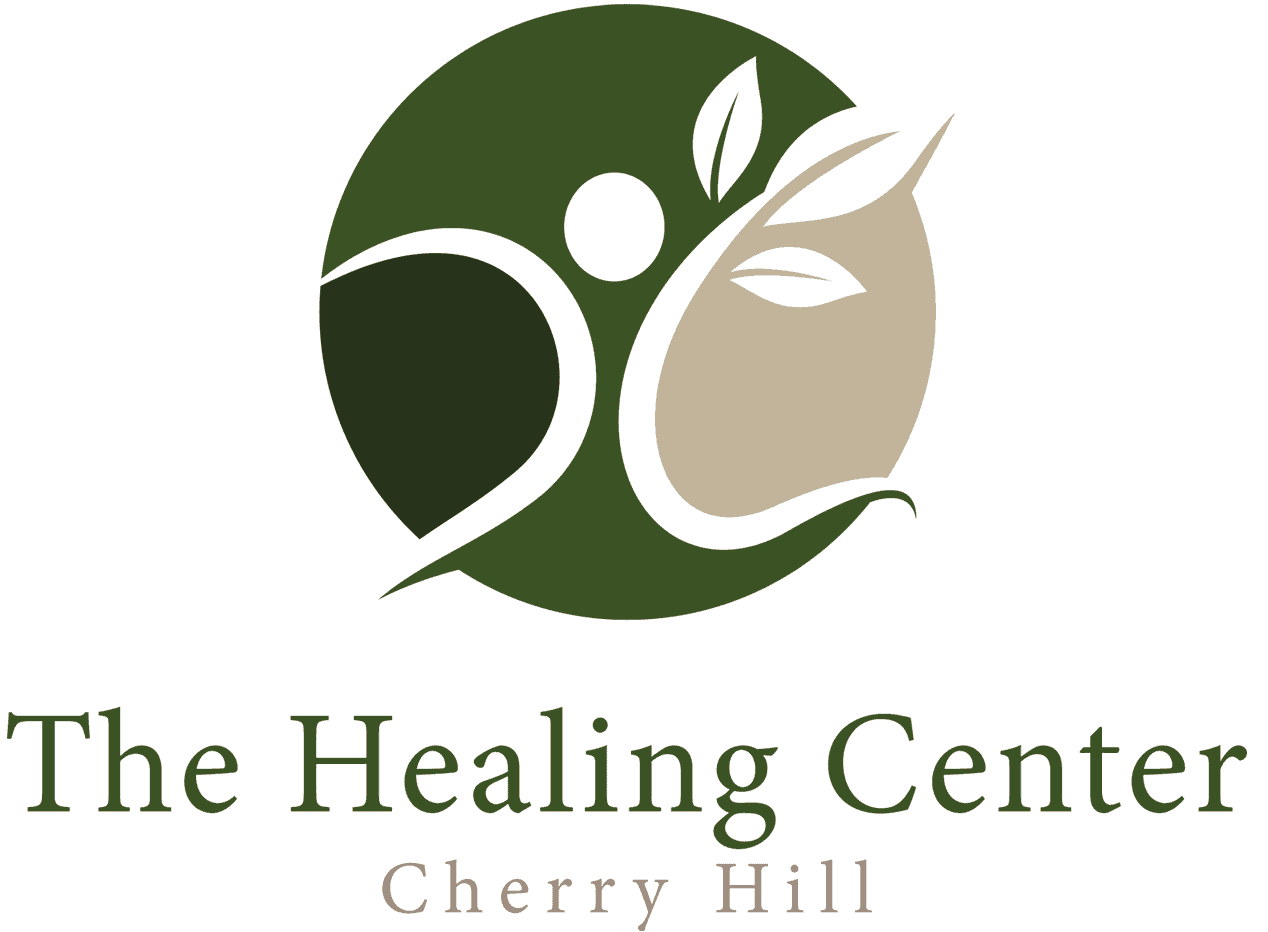Crack cocaine, commonly known simply as crack, is a powerful and highly addictive stimulant derived from powdered cocaine. Its prevalence and the speed at which it takes hold of an individual make it particularly dangerous. By understanding the signs and symptoms of crack addiction, you can better recognize when someone you care about needs help. This awareness is the first step towards recovery, and The Healing Center in New Jersey is here to guide you or your loved ones through the process of rehabilitation.
What is Crack Cocaine?
Crack cocaine is a form of cocaine that has been processed to create a crystalline substance. It is typically smoked, which allows it to reach the brain more quickly compared to other methods of ingestion. This rapid absorption produces an intense and immediate high, but it also means that addiction can develop very quickly.
Recognizing the Signs and Symptoms of Crack Addiction
Crack addiction, much like other substance use disorders, often manifests in both psychological and physical symptoms. Understanding these can be instrumental in identifying a problem early and seeking necessary intervention.
Physical Signs
- Rapid Weight Loss: One of the most visible signs of crack addiction is rapid and unexplained weight loss. This is often a result of decreased appetite combined with the body’s increased energy expenditure during drug use.
- Dilated Pupils: Use of stimulants like crack cocaine can cause noticeable dilation of the pupils, even in well-lit environments.
- Burns and Blisters: Since crack is often smoked, users may develop burns or blisters on their lips, fingers, or other parts of their bodies that come into contact with hot pipes or lighters.
- Frequent Nosebleeds: While not as common with crack as with powdered cocaine, some users may still snort the drug, leading to frequent nosebleeds.
- Erratic Sleep Patterns: Crack can cause users to stay awake for extended periods, followed by long periods of sleep or crashing. This erratic sleep behavior can be a red flag.
Behavioral Signs
- Intense Cravings: Individuals addicted to crack will have a strong and uncontrollable urge to use the drug, even when it starts to negatively impact their lives.
- Financial Problems: Addiction often leads to significant financial difficulties due to the high cost of procuring the drug and potential job loss.
- Neglecting Responsibilities: Users may begin to neglect their responsibilities at work, school, or home, prioritizing their drug use over everything else.
- Social Isolation: Addicts often withdraw from family and friends, isolating themselves to hide their drug use or as a result of strained relationships and lack of trust.
- Paranoia and Anxiety: Crack use can lead to intense paranoia, hallucinations, and anxiety, which are often exacerbated by a lack of sleep and poor physical health.
- Risk-taking Behaviors: Users may engage in risky behaviors such as unprotected sex or dangerous driving when under the influence or in pursuit of the drug.
Psychological Signs
- Euphoria Followed by Depression: The intense highs of crack use are often followed by deep lows, leading to cycles of euphoria and depression.
- Aggression and Irritability: Mood swings, aggression, and irritability are common among users, especially when they are unable to access the drug.
- Impaired Judgment: Crack impairs cognitive functions, leading to poor decision-making and an inability to think clearly.
- Hallucinations and Delusions: Chronic users may experience hallucinations and delusions, further influencing irrational behaviors and thoughts.
Long-term Effects of Crack Addiction
The long-term effects of crack addiction are severe and can lead to lasting physical and psychological harm.
- Heart Problems: Long-term use can lead to serious heart conditions, including heart attacks and arrhythmias.
- Respiratory Issues: Smoking crack can cause significant damage to the lungs, leading to chronic cough, respiratory infections, and other breathing complications.
- Neurological Damage: Prolonged exposure to crack can result in permanent neurological damage, including cognitive impairments and memory loss.
- Mental Health Disorders: Long-term use is often accompanied by mental health disorders such as anxiety, depression, and psychosis.
- Reduced Life Expectancy: Due to the high risk of overdose, accidents, and the aforementioned health issues, crack addicts have a significantly lower life expectancy.
Taking the First Step Towards Recovery
Recognizing the signs and symptoms of crack addiction is the first step towards helping someone you care about. If you or a loved one is struggling with crack addiction, it is essential to seek professional help as soon as possible.
Why Choose The Healing Center?
At The Healing Center in New Jersey, we offer comprehensive drug rehabilitation programs designed to treat the physical, psychological, and emotional aspects of addiction. Our team of experienced and empathetic professionals is dedicated to providing personalized care in a supportive environment. We understand the complexities of crack addiction and are here to help every step of the way.
Some of the services we offer include:
- Detoxification: A medically supervised detox program to ensure safe and effective withdrawal from crack cocaine.
- Inpatient and Outpatient Programs: Tailored treatment programs designed to fit the unique needs of each individual.
- Counseling and Therapy: Individual, group, and family therapy sessions to address the psychological aspects of addiction and promote long-term recovery.
- Aftercare Support: Ongoing support and resources to help maintain sobriety and prevent relapse.
Find Cocaine Addiction Treatment in New Jersey Today
Don’t let crack addiction control your life or the life of someone you love. The Healing Center in New Jersey is here to provide the support and treatment you need to overcome addiction and reclaim your life.
Contact us today to learn more about our programs and take the first step towards a brighter, drug-free future.
Remember, recovery is possible, and you don’t have to face this journey alone. Let The Healing Center help you find your path to wellness and recovery.
